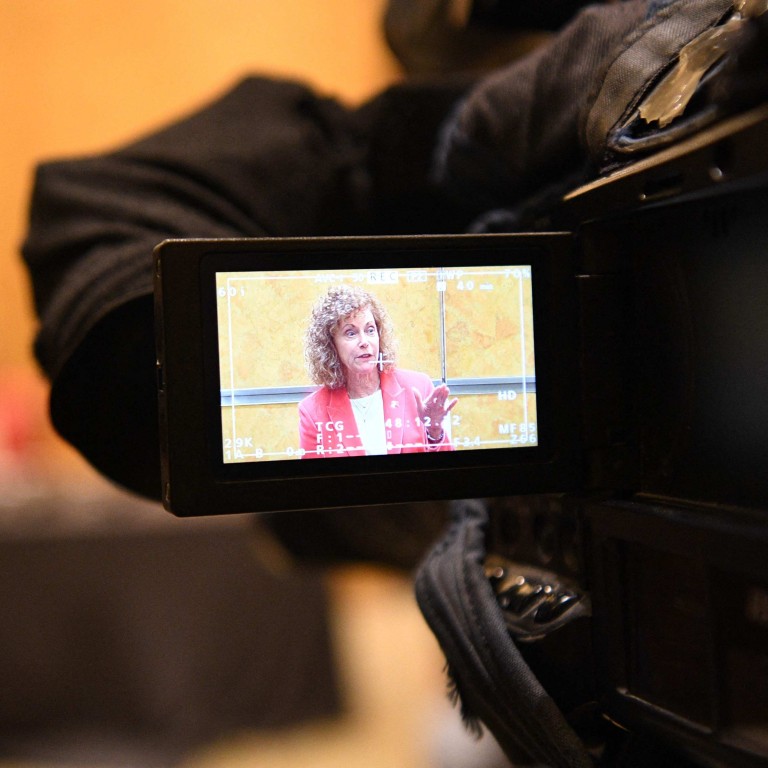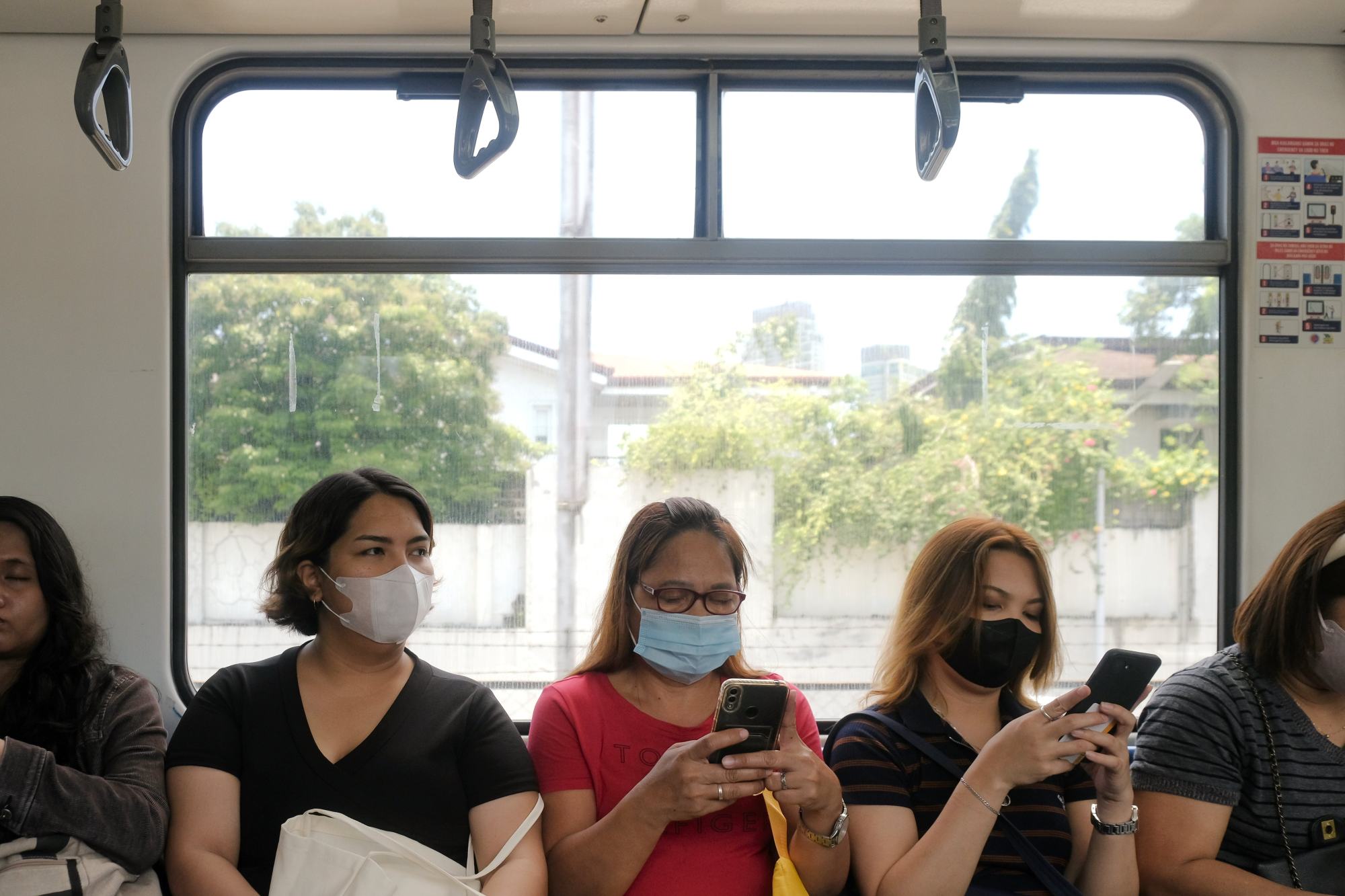
Microsoft to train 100,000 Philippine women in AI, cybersecurity
- They will use an online platform to learn how to use Microsoft’s AI tools to gain workplace skills and to be able to recognise cybersecurity threats
- The tech giant will also roll out an AI-powered reading progress tool for some 27 million Philippine students, in partnership with the education department
The programme was announced during a two-day trade mission headed by US Commerce Secretary Gina Raimondo.
The women will use an online platform to learn how to use Microsoft’s AI tools, including ones powered by OpenAI’s large language models, to gain workplace skills and to be able to recognise cybersecurity threats.
“We are very excited about the potential for the Philippines to drive economic advancement using enhanced AI technology in a positive way,” Mary Snapp, vice-president of global strategic initiatives at Microsoft, told a news conference in Manila.

Microsoft will partner with government agencies and local schools to provide the training to government employees, Snapp said.
Philippine Trade Undersecretary Rafaelita Aldaba said in a statement the training could “help to bolster cybersecurity and trust in tech adoption”.
The joint initiative could help address the Philippines’ problem with disinformation, Snapp said.
“There’s going to be a really strong focus and education campaign so that people who are looking at content are much better able to identify what’s been changed, what’s not been changed,” she said.
The tech giant would also roll out an AI-powered reading progress tool for around 27 million Philippine students, in partnership with the Philippine education department.

.png?itok=arIb17P0)